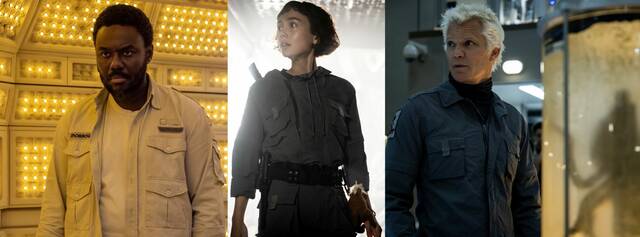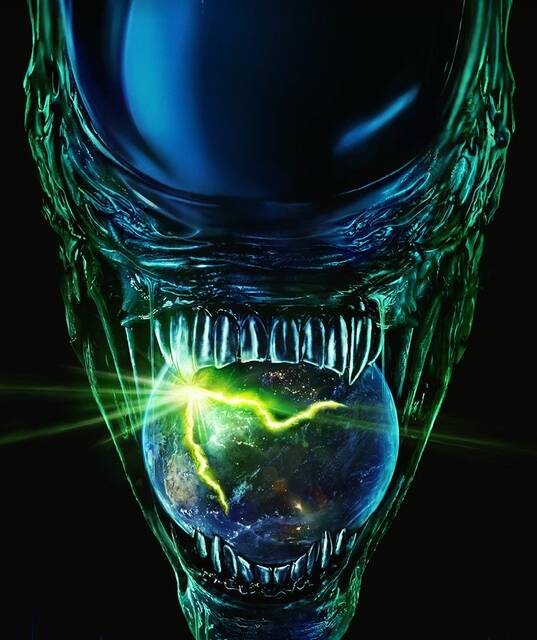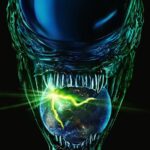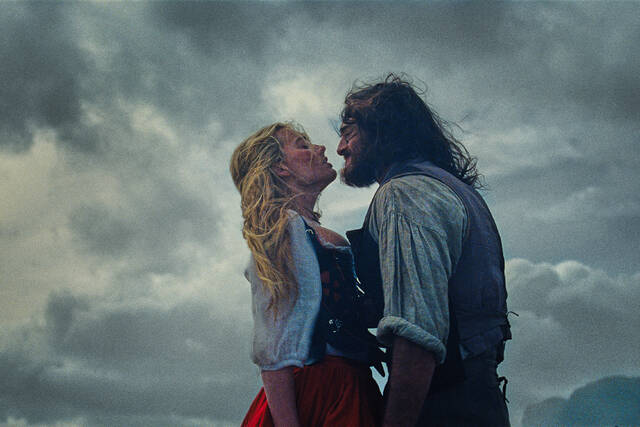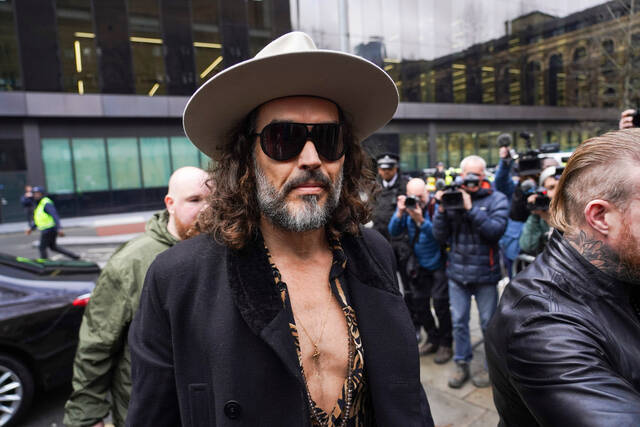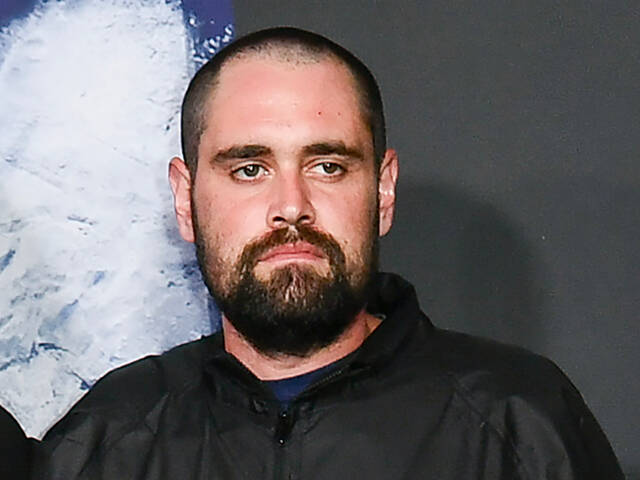Trib Total Media TV writer Rob Owen offers a viewing tip for the coming week.
In lesser hands, a series spinoff of the theatrical “Alien” franchise might seem like just another IP play — a money grab. But pair Noah Hawley, the writer behind FX’s “Fargo,” with “Alien,” and you get a show that’s significantly better than that.
Hawley’s “Alien: Earth,” debuting its first two episodes at 8 p.m. Tuesday on FX and Hulu, isn’t just another haunted-house-on-a-spaceship where alien xenomorphs dispatch the crew one by one. Yes, that happens — especially in the intense fifth episode — but Hawley, who wrote or co-wrote all eight episodes and directed Episodes 1 and 5, builds a society of rival companies on Earth that offers context for the entire franchise. (The first season’s subsequent episodes will debut at 8 p.m. Tuesdays on FX and Hulu.)
It’s 2120, two years before the events of the original “Alien,” as deep space research vessel USCSS Maginot rockets toward Earth after its crew collects five alien species, including the familiar “Alien” xenomorph. The addition of those four other creepy-crawlies, particularly an eyeball creature, gives this “Alien” story added bite. While a viewer might think an “Alien” series would skimp on the creature effects, that’s not the case here.
On Earth, five corporations that govern the planet vie for supremacy. Weyland-Yutani, already established in “Alien” lore, owns the Maginot, but upstart Prodigy plays a significant role in “Alien: Earth.”
In addition to existing cyborgs (humans with biological and artificial parts) and synthetics (humanoid robots with AI), Prodigy founder Boy Kavalier (Samuel Blenkin, “Mary George”) seeks to introduce hybrids, humanoid robots infused with human consciousness. Wendy (Sydney Chandler, daughter of actor Kyle Chandler) is the first hybrid prototype, created after a human child receives a death sentence due to an incurable disease. The child’s consciousness gets transplanted into a new adult body known as Wendy.
Hawley plays with the notion of “Peter Pan” with Wendy as the leader of the first wave of lost boy (and girl) hybrids who are pressed into duty when the Maginot crashes nearby. While Wendy is ready for action, she and her hybrid peers are children in adult hybrid bodies, which leads to some welcome comic relief to puncture the show’s tension and life-or-death stakes. That child-like innocence also means Wendy’s interests are less about serving Prodigy than reuniting with her brother, Hermit (Alex Lawther, “Andor”), who thinks she is dead.
Through the first six, often claustrophobic, thrilling episodes made available for review, “Alien: Earth” splits its time between Wendy’s story, which includes her synthetic guardian Kirsch (Timothy Olyphant, “Justified”), and what happened on the Maginot before and after the crash as seen through the eyes of the ship’s determined Weyland-Yutani security chief, steely cyborg Morrow (Babou Ceesay, “Into the Badlands”).
In a Zoom interview late last month, Hawley said his key to revisiting existing properties is to remember how they made him feel when he first saw them. When developing “Alien: Earth,” he ended up conjuring the “trans-human” story about children’s minds being put into adult bodies.
“That led pretty quickly to this Peter Pan analogy, which led me to a boy genius, a Peter Pan figure, Boy Kavalier,” Hawley said. “Only then did I reread the (J.M. Barrie) book and realize just how dark it is. Peter, who kidnaps these children and takes them to this island, and then if they start to grow up, he ‘gets rid of them.’ And you’re like, what does that mean? … He’s imposing this narrative on them that traps them in these roles, even as they’re trying to figure out who they are now.”
While “Alien” and “Aliens” explored the idea of “space truckers” working for a faceless corporation, Weyland-Yutani, Hawley sought to update that dynamic in “Alien: Earth” to reflect the modern era where Elon Musk, Jeff Bezos and Mark Zuckerberg are household names.
“In our day and age, our corporations have faces, the faces of these young technocrats who are celebrity CEO billionaires,” Hawley said. “It always felt like (in ‘Alien’ the) Yaphet Koto and Harry Dean Stanton (characters) were at the whim of this larger corporation. Here, it really is all about the whim of Boy Kavalier, how he feels moment to moment. … We’re in a different state where the individual is at the mercy now of not just this nameless, faceless corporation but these boy geniuses.”
“Alien: Earth” also raises the question: Does humanity even deserve to survive?
“Where are the grown-ups?” Hawley asked. “We’re living in a world that’s facing a lot of problems, both literal and existential, and we need some sober, thoughtful individuals who are thinking more about tomorrow than today to be in positions of decision making. The show takes on this metaphorical version of that in which the children are literal children being told they need to grow up immediately, and they’re looking around and going, ‘Grow up, meaning what, and be like who?’ The threat is not existential. It is literal, and still they’re subject to the whim of the trillionaire, who just increasingly seems to be putting them in danger because it’s funny or he’s interested or whatever it is. I don’t think the show is going to answer does humanity deserve to survive? Because I think that’s a majority vote situation. It’s not for me to say.”
Unlike the anthology nature of Hawley’s “Fargo,” he confirmed “Alien: Earth,” in success, is intended to run for multiple seasons.
“Whatever the length of the series is, I still have a lot of story left to tell,” Hawley said.
David W. Zucker, president of television for the production company run by “Alien” director Ridley Scott and an executive producer on the FX series, described Hawley’s intention as “an escalating narrative.
“It’s quite a weave of characters that (Hawley) had to service and complete to a degree by the end of the (first) season,” Zucker said, “and still provide another liftoff that makes you pretty breathless and eager for what’s to come.”


